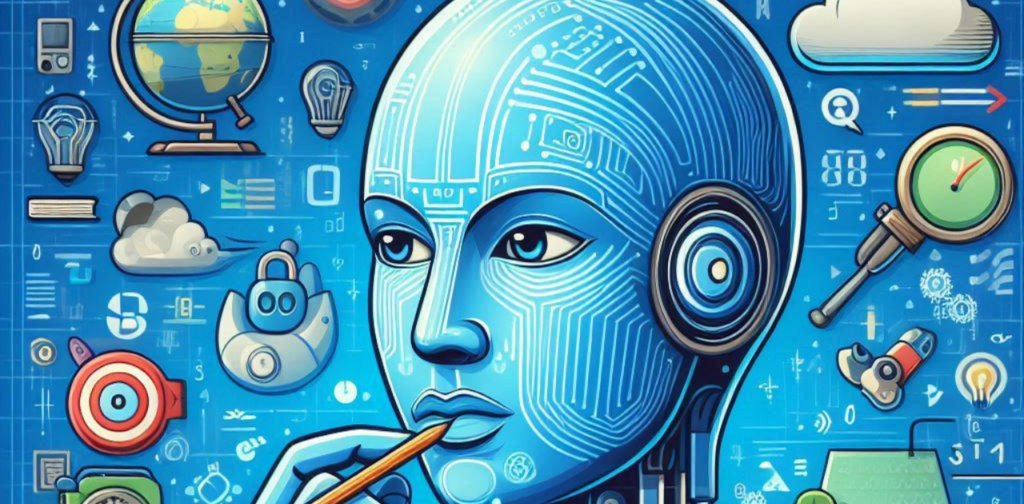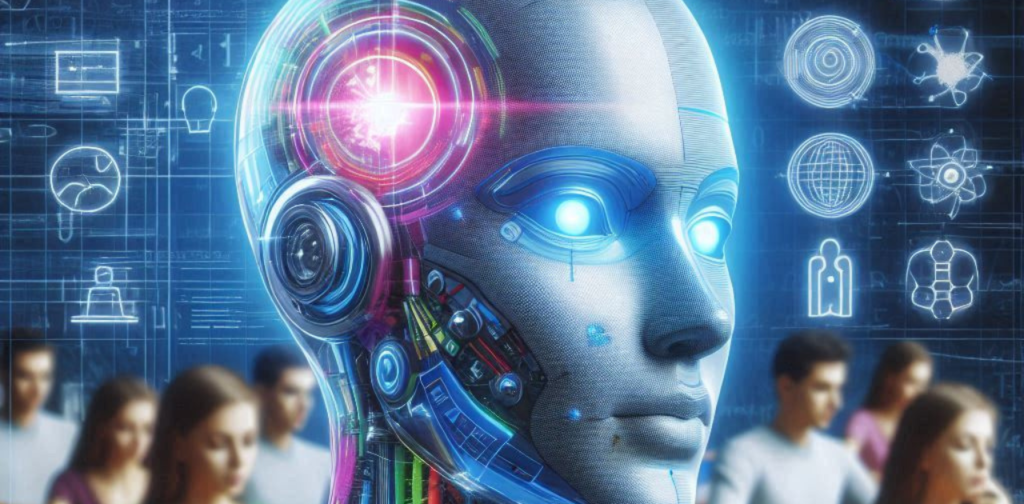Artificial Intelligence in Education: Ethical Considerations
Contents
Artificial Intelligence in Education: Ethical Considerations
Introduction
Artificial intelligence (AI) is rapidly transforming education, offering innovative tools to enhance learning and teaching. While the potential benefits are enormous, the integration of AI also raises significant ethical concerns. This article explores the ethical implications of AI in education, highlighting key issues, potential solutions, and the importance of responsible development and implementation.

Body
AI in education
holds the promise of personalized learning, intelligent tutoring systems, automated grading, and administrative efficiency. However, these developments must be pursued with a strong ethical foundation.
Major Ethical Concerns:
- Bias and Discrimination: AI algorithms can perpetuate or amplify existing biases in the data, leading to unfair treatment of students from disadvantaged groups.
- Privacy and Data Security: Collecting and using student data for AI applications raises concerns about privacy violations and misuse of personal information.
- Autonomy and human judgment: Over-reliance on AI can reduce critical thinking, problem-solving, and human judgment skills in students and teachers.
- Access and Equity: AI tools should be accessible to all students, regardless of socioeconomic status or disability.
- Job Displacement: Automation of certain educational tasks through AI may lead to job losses for teachers and support staff.

Reducing Moral Hazards:
- Bias Mitigation: Develop AI systems with diverse and representative datasets, and regularly audit algorithms for bias.
- Data Privacy and Security: Implement robust data protection measures, obtain informed consent from students and parents, and ensure transparency in data use.
- Human-centered design: Prioritize human interaction and judgment in AI applications, and focus on enhancing rather than replacing teachers.
- Accessibility: Design AI tools with accessibility in mind, providing options for students with disabilities.
- Ethical Guidelines: Establish clear ethical guidelines for the development and use of AI in education, involving stakeholders in the process.
Table: Ethical Framework for AI in Education
| Moral principles Important Considerations |
|—|—|
| justice Avoid bias, ensure equal access
| Transparency Explainable AI, clear use of data |
| Accountability | Responsible Development, Human Monitoring |
| Confidentiality | Protect student data, obtain consent |
| Human welfare Enhance learning, avoid negative effects
Result
AI has the potential to revolutionize education, but the ethical challenges associated with its implementation must be addressed. By prioritizing fairness, transparency, accountability, privacy and human well-being, we can reap the benefits of AI while minimizing the risks. Collaborative efforts among academics, technologists, policymakers, and ethicists are critical to responsibly developing and implementing AI in education.

Frequently Asked Questions
*How can we ensure that AI systems are neutral?
By using diverse and representative datasets, regularly auditing algorithms for bias, and involving diverse teams in AI development.
What are the privacy implications of using AI in education?
Student data must be protected through encryption, access controls, and data minimization. Informed consent must be obtained for data collection and use.
*How can we stop AI from replacing teachers?
AI should be seen as a tool to enhance, not replace, teachers. Focus on developing AI applications that support and enhance human learning.
What is the role of teachers in the age of AI?
Educators will play a critical role in guiding students through the ethical use of AI, teaching critical thinking, and developing human skills that complement AI’s capabilities.
*How can we prepare students for an AI-powered future?
By integrating AI literacy into the curriculum, educating students about AI algorithms, biases, and ethical implications, and developing critical thinking and problem-solving skills.

By addressing
these ethical concerns, we can create a future where AI enhances education for all students.








